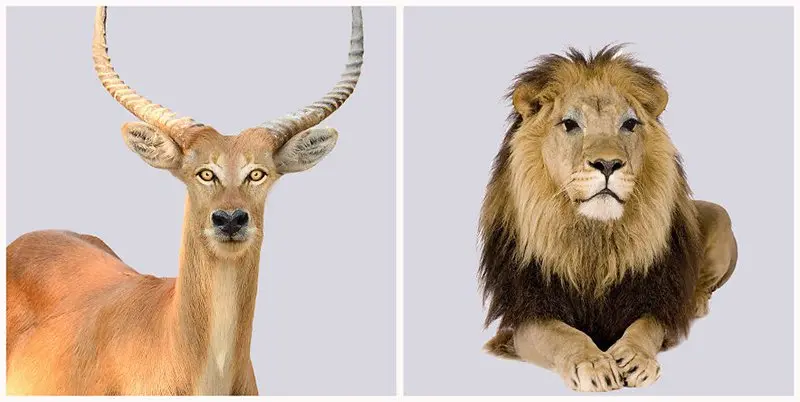


Surprisingly, we found that lynx kills of hares were as likely to occur during the day when hares were inactive as at night when hares were active. Here, we used accelerometry data on snowshoe hares ( Lepus americanus) and Canada lynx ( Lynx canadensis) to determine activity patterns of prey and predators and match these to precise timing of predation. However, the simultaneous measures of prey and predator activity along with timing of predation required to test this assumption have not been available. The assumption that activity and foraging are risky for prey underlies many predator-prey theories and has led to the use of predator-prey activity overlap as a proxy of predation risk.


 0 kommentar(er)
0 kommentar(er)
